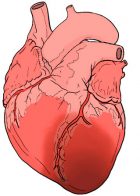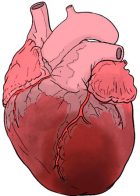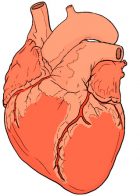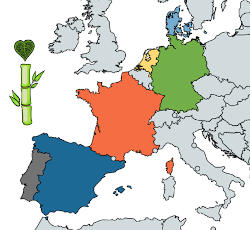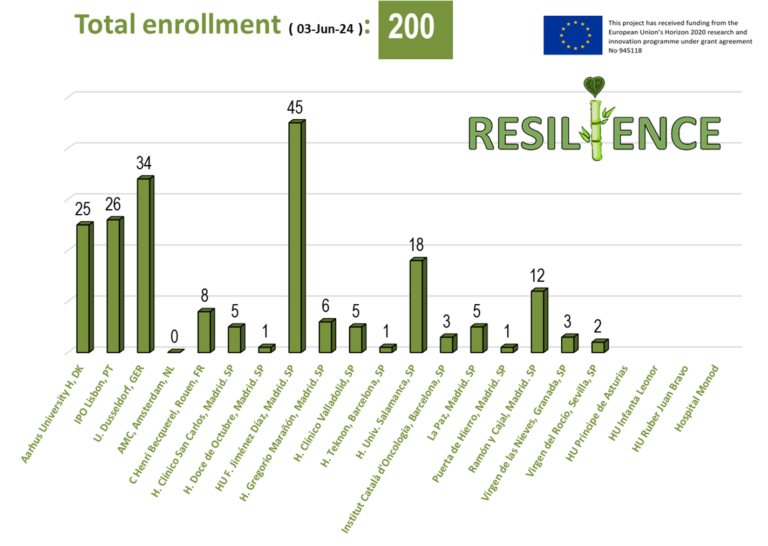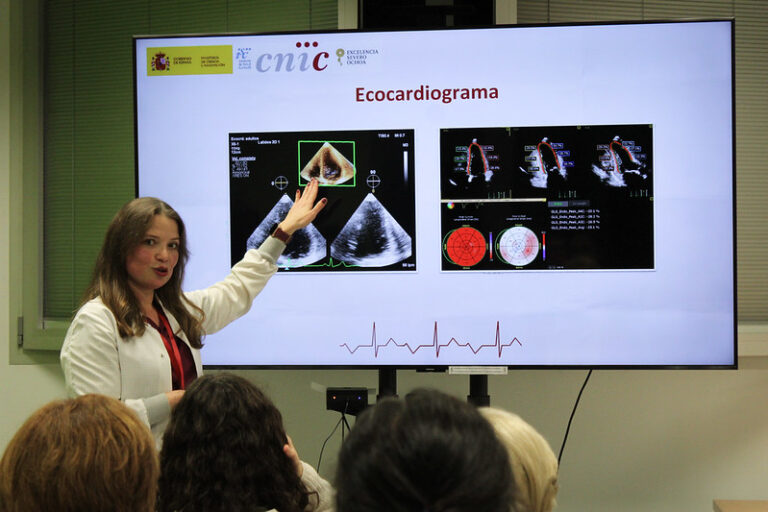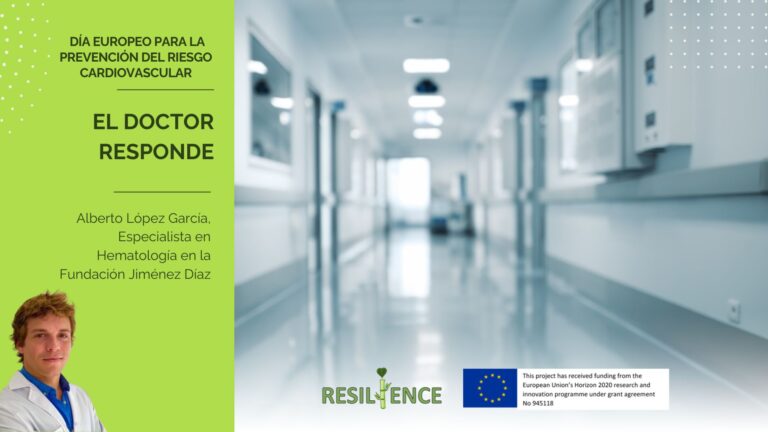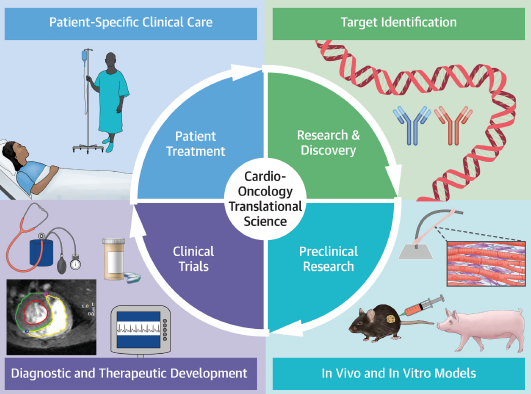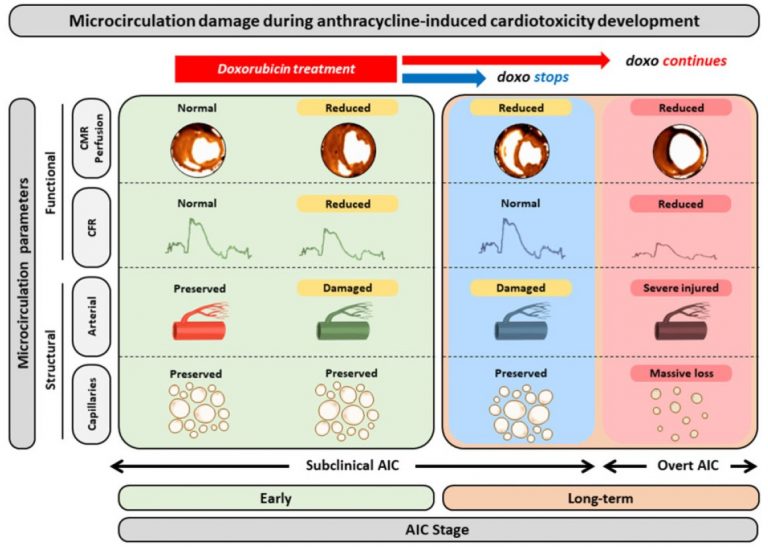For many decades it has been considered that a diet rich in fat was harmful to health, however, the evidence on which this idea is based has been confusing and never definitive. During that time in which the fatty diet was considered a great enemy, it has been interpreted that sugar was more benign for health. In recent years there have been very rigorous studies that have questioned this classic view, and have completely changed our view on the benefits or harms of fats or carbohydrates.
Carbohydrates or Fats?
The PURE study, which studied the eating habits of 130,000 people in 18 countries, yielded surprising results at the time, showing that diets in which the percentage of total calories from fat was high were associated with lower overall mortality and lower cardiovascular mortality. Surprisingly, this association between a high percentage of daily calories from fat and a benefit in terms of increased survival held regardless of the type of fat (saturated, monounsaturated or polyunsaturated fats). In this same study, an inverse association was seen between the percentage of daily calories from carbohydrates and mortality. In such a way that, the higher the percentage of daily calories obtained from carbohydrates, the higher the total and cardiovascular mortality.
This study is the most rigorous to date, and subsequent smaller studies have shown similar results. In fact, we now know that a high intake of carbohydrates and not fat is associated with higher cholesterol levels, as well as a higher incidence of prediabetes. It is very important to be clear that when we talk about a high consumption of fats we refer to a high percentage of the daily calories obtained from fat, not to increase the consumption of fats resulting in an augmentation in the total calories ingested. In this sense, it is important to note that fats provide more calories than carbohydrates per unit of weight, so to increase the percentage of fats without increasing total caloric intake it is necessary to reduce the total amount of food eaten or replace carbohydrates with fat.
Fats and heart health
Recent evidence also supports the idea that high fat intake (understood as the high percentage of daily calories obtained from fat) could even be beneficial for improving the heart’s pumping ability in patients with heart failure. This is because the heart preferentially uses fats for energy more efficiently. These initial observational studies must now be corroborated by clinical trials where patients with chronic insufficiency are randomly assigned to a diet with a higher or lower percentage of fat.
Finally, it is important to note that not all fats, not even all types of fat (for example, polyunsaturated) are the same. There are foods very present in the Mediterranean diet that have a high fat content such as olive oil, nuts and avocado. In this sense, the PREDIMED clinical trial conducted in Spain showed that a diet supplemented with olive oil and nuts was associated with greater cardiovascular health, lower mortality andlower incidence of heart attacks and strokes.
To summarize, today there is evidence to suggest that the Mediterranean diet with its high components of healthy fat is an adequate intervention for proper cardiovascular health. It is imperative to limit carbohydrates and sugar derivatives, especially ultra-processed food.

